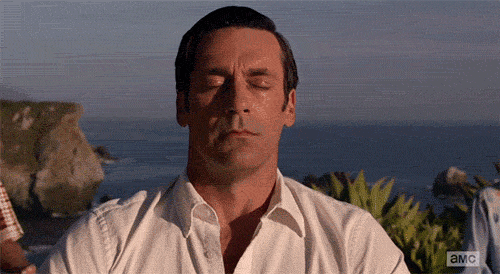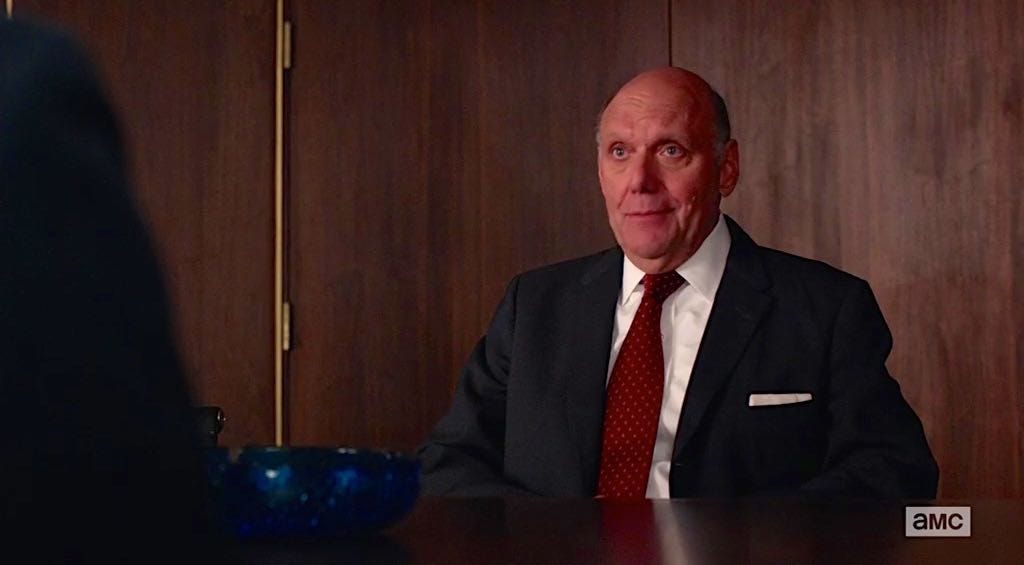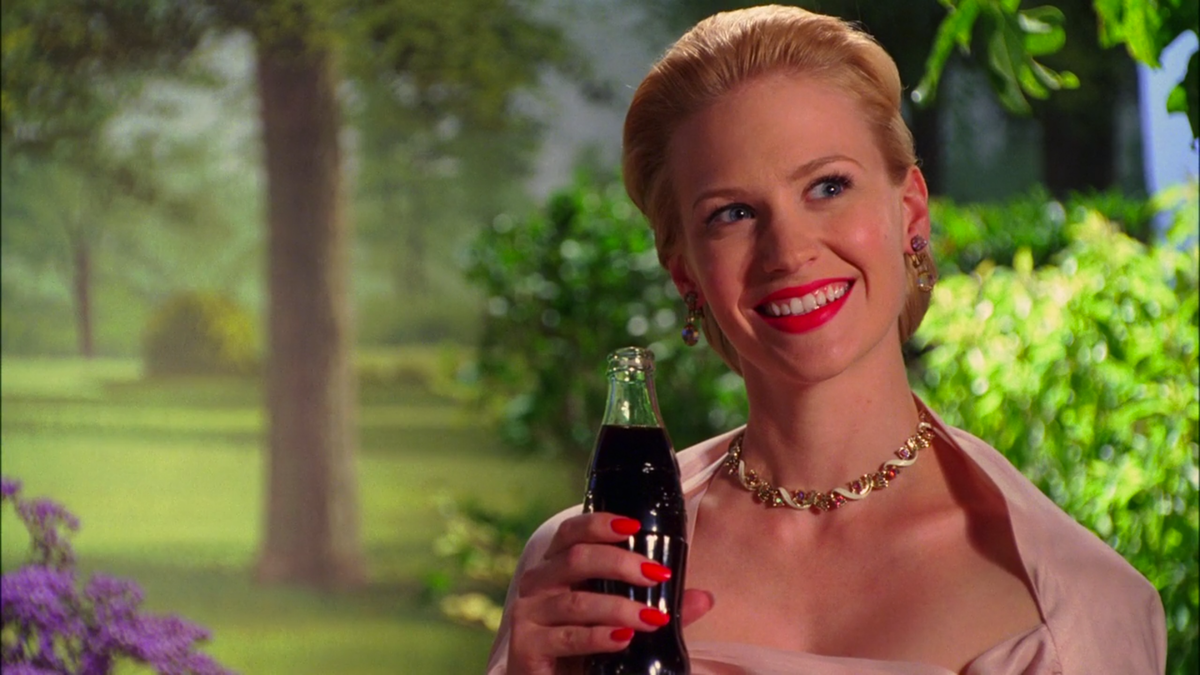The timeline is something else that makes me think that Don did not do the Coke commercial. The show was known for their obsession attention to accuracy of historic detail.
At the beginning of the episode, Draper is in Utah and tells Sally about seeing the new land speed record being set. So that makes it at least past
October 23, 1970.
The whole Buy The World Coke campaign started as radio commercials in
February of 1971.
I just don't see how how Draper could go from the retreat (which is at least several days after October 23, possibly into November) and go back to McCann Erickson (a company portrayed as being very vindictive) and win back enough trust to be placed on a national campaign for a big company like Coke in by February 1971.
Also, even though Draper created campaigns for real companies and real products, the show
never actually used an ad from real life. I don't see why they would suddenly change now and use a real ad.
Even after watching the episode three times, I still stand by my take that the closing song was just another example of the show's pattern using an era appropriate song to reflect Draper's place in the world at the time. Don ends up apparently happy on a commune, and despite it's winding road, advertising led him there. That commercial was era accurate and reflects the corporate world finally embracing the counter culture like Don finally has.
All in all, Pete Campbell is still my favorite character. He was always crystal clear with who he was, even as he evolved over time.


